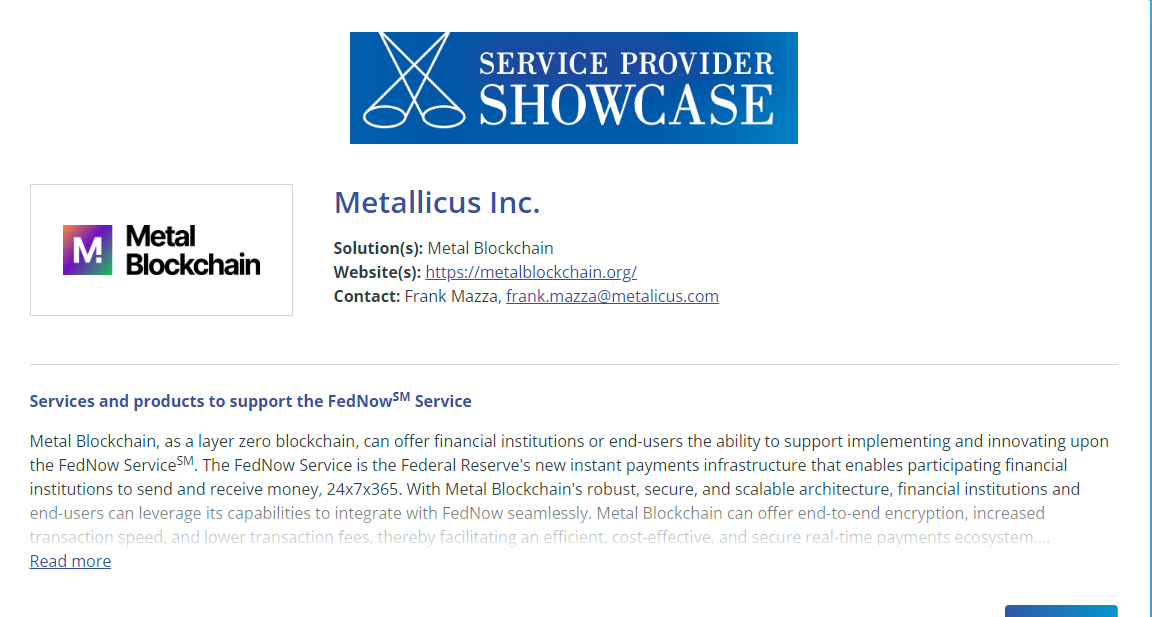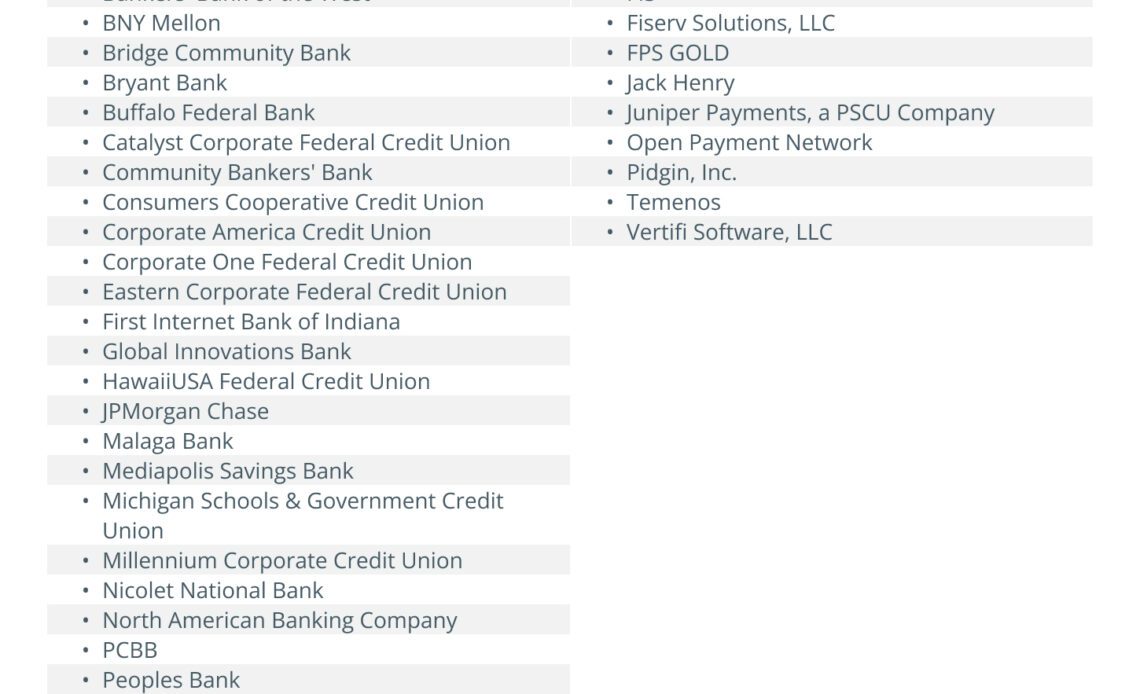The Federal Reserve of the United States clarified that its new service for instant payments between organizations — FedNow Service — has no relation with central bank digital currencies (CBDCs).
The Federal Reserve certified the FedNow Service as “ready,” after it onboarded 41 financial institutions, 15 service providers and the U.S. Department of the Treasury to test out the system, before its launch by the end of July 2023. However, the central bank had to clarify that the promise of instant fiat payments and real-time gross settlement (RTGS) is not powered by a CBDC.
#FedFAQ: Is the FedNow Service replacing cash? Is it a central bank digital currency?
Learn more about the #FedNow Service:https://t.co/ACBjfEhR4A https://t.co/IXF8dyy46S pic.twitter.com/7CUaYZYyM9
— Federal Reserve (@federalreserve) July 19, 2023
In a tweet, Federal Reserve stated that FedNow Service is similar to other payment services such as Fedwire and FedACH, which work within the boundaries of the fiat ecosystem. It said:
“The FedNow Service is not related to a digital currency. The FedNow Service is a payment service the Federal Reserve is making available for banks and credit unions to transfer funds for their customers.”
The Federal Reserve further confirmed that it has not yet decided on issuing the highly anticipated CBDC and “would only proceed with the issuance of a CBDC with an authorizing law.”
The table above highlights the initial list of participants. However, the Federal Reserve plans to onboard all 10,000 U.S. financial institutions in time to come.
Related: Major US banks get passing grade in ‘severe recession’ stress test
On May 11, the Federal Reserve announced the integration of Metal Blockchain into the FedNow Service.

Metal Blockchain is a crypto network developed by Metallicus, based on a fork of Avalanche’s code. According to its documents, the network features a subnet called “X-Chain” that allows developers to enact rules for transferring assets. For example, a token can be issued with the rule that it “can only be sent to US citizens” or “can’t be traded until tomorrow.”
Magazine: Tokenizing music royalties as NFTs could help the next Taylor Swift
Click Here to Read the Full Original Article at Cointelegraph.com News…
